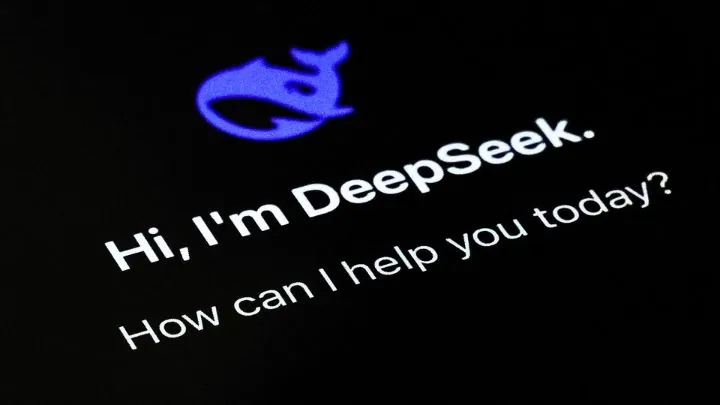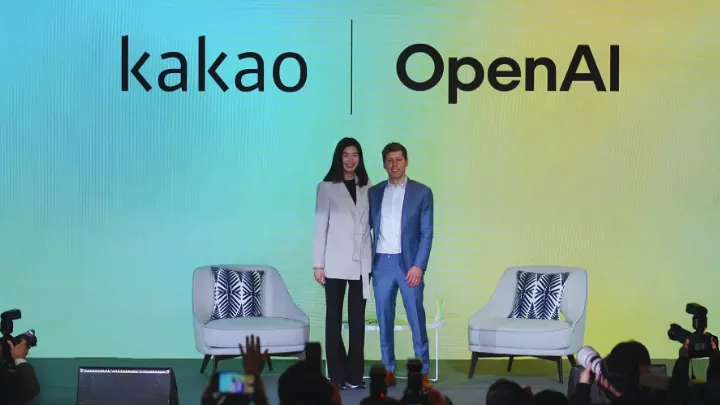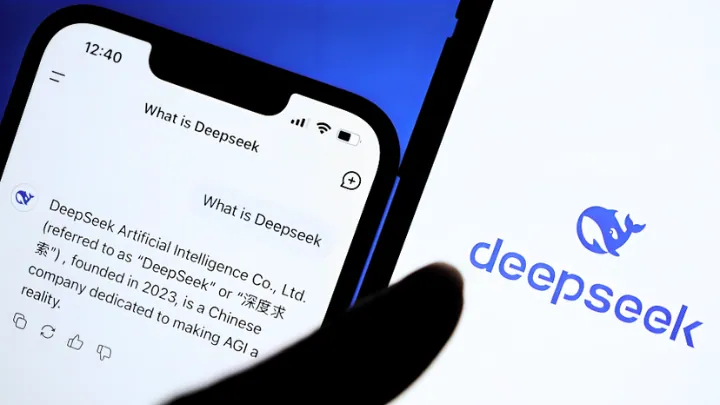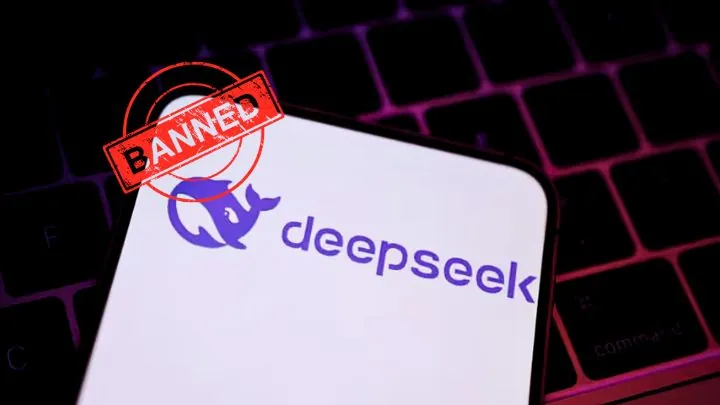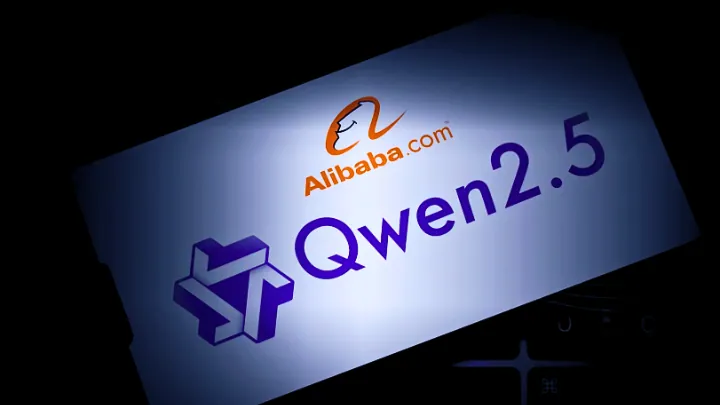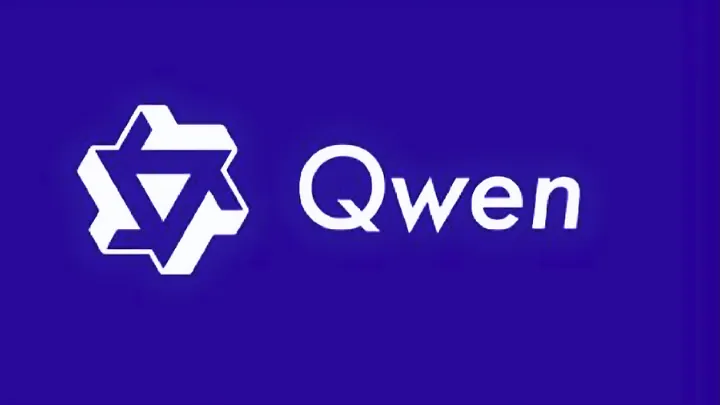ChatGPT’s once-dominant position in the AI market is showing signs of decline, while Chinese AI startup DeepSeek is making a strong push into the global scene.
According to recent data from Semrush, ChatGPT’s daily visits in the U.S. have dropped significantly, falling from 22.1 million in October 2024 to 14.9 million by January 2025.
In contrast, DeepSeek has seen a major jump in traffic, going from just 2,300 visits in October to 71,200 by January 19, a huge increase in just a few months.
On a global scale, DeepSeek’s traffic has surpassed 7.12 million, and it has climbed to the top of app download charts in 140 countries.
This rapid growth suggests a shift in consumer interest, but it has also sparked major concerns.
Why DeepSeek’s Growth Is Raising Alarms

The biggest concern around DeepSeek is its connection to China’s strict data laws.
Unlike OpenAI’s ChatGPT, which operates under U.S. regulations, DeepSeek is based in China and must comply with Beijing’s data-sharing rules.
Experts fear that the vast amount of user data collected by DeepSeek, ranging from personal conversations to business-related information, could be used for strategic purposes.
Cybersecurity experts have already flagged security issues, and DeepSeek itself recently confirmed a major cyberattack.
Dewardric McNeal, a senior analyst at Longview Global, warns that this issue goes beyond just stolen data.
“It’s about monitoring public opinion, tracking industry trends, and even shaping narratives,” he explains.
Businesses and government officials worry that DeepSeek’s open-source technology could give China deeper insights into U.S. industries and supply chains.
Former Biden administration advisor Matt Pearl is even more concerned. He believes DeepSeek’s privacy policy holds little value under Chinese law, making users vulnerable to surveillance.
He warns that the app could track users across multiple devices or even install harmful software through updates. “One bad update is all it takes,” Pearl cautions.
Will the U.S. Take Action?
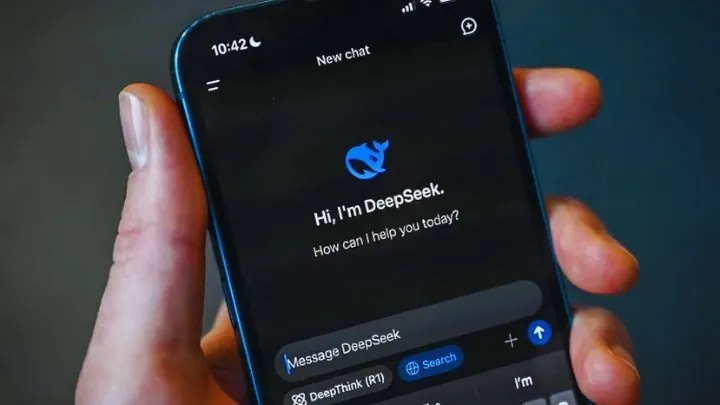
As tensions between the U.S. and China continue to grow, some believe that banning DeepSeek is only a matter of time.
“If TikTok was heavily scrutinized, DeepSeek is an even bigger issue,” Pearl argues.
With AI competition heating up, the big question now is: Will the U.S. allow a Chinese AI startup to take over its market, or will regulations put a stop to its rise?
